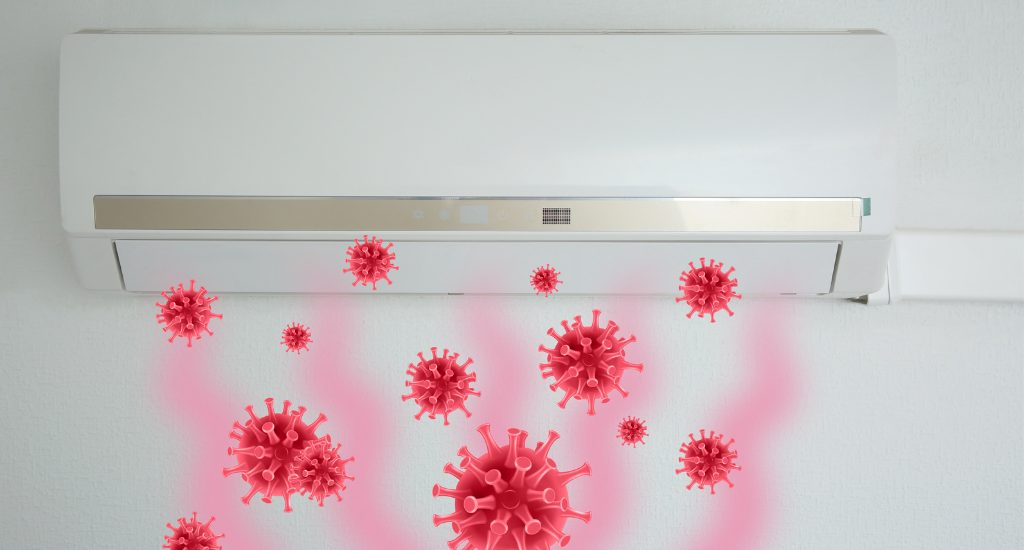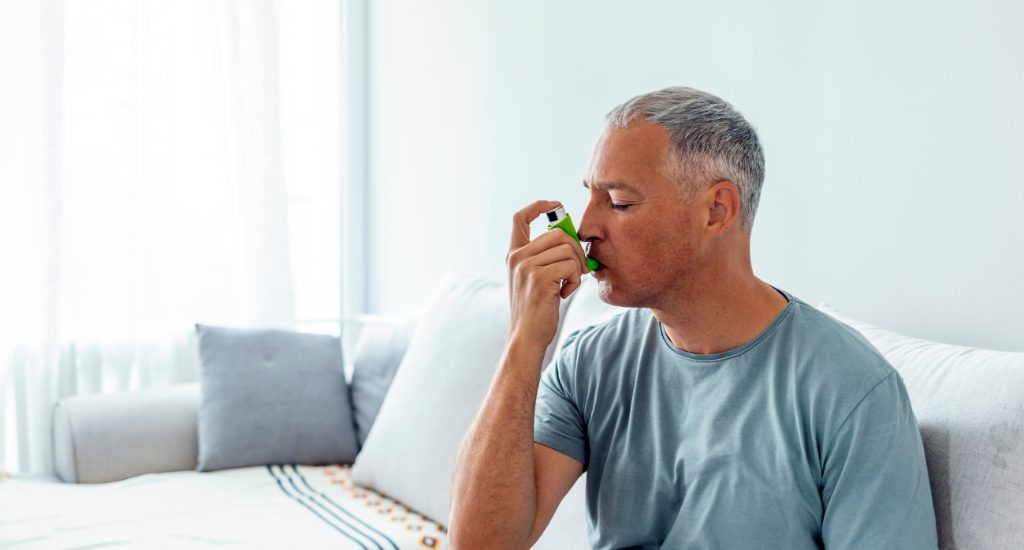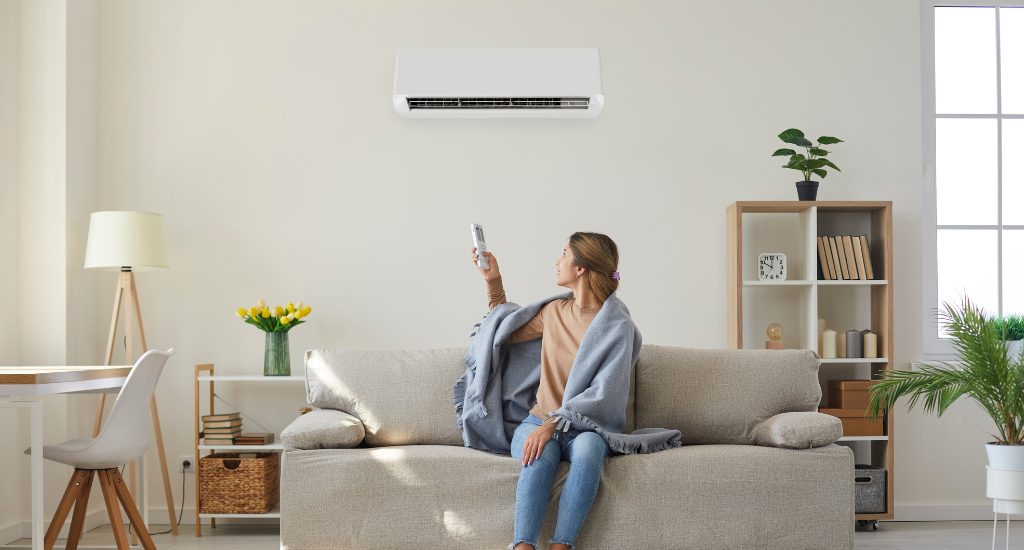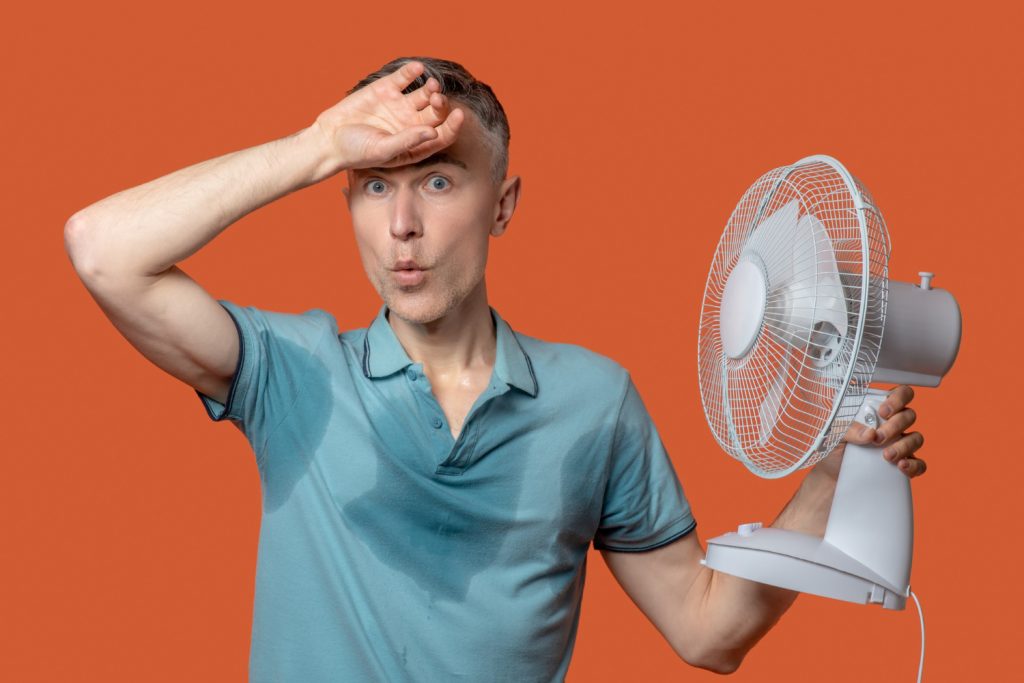Introduction When it comes to maintaining a healthy home, most people tend to focus on aspects like diet, exercise, and hygiene. However, one crucial factor often overlooked is the impact of our HVAC (Heating, Ventilation, and Air Conditioning) units on our health.
These systems play a vital role in maintaining indoor air quality, which directly affects our well-being. In this article, we will explore seven ways in which HVAC units can affect your health, and provide valuable insights into how you can mitigate these risks.

Inadequate Ventilation
Proper ventilation is essential for maintaining fresh and clean indoor air. When HVAC units do not adequately ventilate a space, the accumulation of indoor pollutants becomes a concern. Over time, this can lead to an increased risk of respiratory issues and a decline in overall air quality. Regular HVAC maintenance and filter replacement are key to ensuring adequate ventilation and reducing the negative health impacts.
Inadequate ventilation is more than just a matter of stuffy air. When your HVAC system fails to effectively remove stale indoor air and bring in fresh outdoor air, pollutants accumulate, causing potential harm to your health. Indoor air pollutants, such as dust, pollen, pet dander, and volatile organic compounds (VOCs), can trigger allergies, worsen asthma symptoms, and contribute to respiratory problems. In addition, inadequate ventilation can lead to an increase in humidity levels, creating an ideal environment for mold and mildew growth, which can further aggravate respiratory issues.
To combat these health risks, it is crucial to prioritize regular HVAC maintenance and filter replacement. By ensuring that your ventilation system is functioning optimally, you can significantly reduce the accumulation of indoor pollutants and create a healthier living environment for you and your family.
Indoor Air Contaminants
HVAC systems can inadvertently distribute indoor air contaminants, negatively impacting our health. These contaminants may include dust, dirt, allergens, mold, mildew, and volatile organic compounds (VOCs). Exposure to these pollutants can lead to allergies, asthma, respiratory problems, headaches, and fatigue.

Dust and allergens, such as pollen and pet dander, can trigger allergic reactions and respiratory distress in sensitive individuals. Mold and mildew thrive in damp environments, and when HVAC systems circulate air contaminated with these fungi, it can lead to respiratory issues and worsen existing conditions. VOCs, which are emitted by certain building materials, cleaning products, and furnishings, can contribute to indoor air pollution and cause headaches, dizziness, and even long-term health effects.
To mitigate these risks, regular cleaning and dusting are essential. Vacuuming carpets and upholstery, as well as regularly washing bedding, can help reduce dust and allergen levels. Additionally, proper mold prevention and remediation, such as fixing leaks and ensuring adequate ventilation in high-moisture areas like bathrooms, can help prevent the circulation of mold spores. Using air purifiers and incorporating VOC-absorbing plants, such as peace lilies and spider plants, can further improve indoor air quality.
Inadequate Humidity
Control Maintaining proper humidity levels within our living spaces is essential for our comfort and health. Low humidity levels can result in dry skin, respiratory discomfort, and an increased susceptibility to infections. Conversely, high humidity can lead to mold growth, allergen proliferation, respiratory difficulties, and heat-related illnesses.
During dry seasons or in arid climates, HVAC systems can help introduce moisture into the air through humidifiers, preventing dryness and reducing the risk of respiratory issues. On the other hand, in humid environments or during the summer months, dehumidifiers integrated with HVAC systems can effectively remove excess moisture, inhibiting the growth of mold and mildew.
In addition to using humidifiers and dehumidifiers, it is important to properly seal doors and windows to prevent the infiltration of outdoor air with extreme humidity levels. This helps maintain a balanced indoor environment, promoting better respiratory health and overall well-being.
Temperature Extremes
Extreme temperatures, whether hot or cold, can have significant health implications. In hot environments, heat-related illnesses become a concern, while cold environments can lead to hypothermia and respiratory issues. HVAC units play a crucial role in maintaining comfortable temperatures within our homes.
During scorching summer months, air conditioning systems regulate indoor temperatures, preventing heatstroke, dehydration, and other heat-related illnesses. In colder climates or during winter, heating systems ensure that indoor spaces are warm and cozy, minimizing the risk of hypothermia and providing relief from cold-related respiratory difficulties.

To regulate temperatures effectively and promote better health, it is important to implement energy-efficient practices. Proper insulation and sealing of windows help prevent heat loss during the winter and minimize heat gain during the summer. Programmable thermostats allow for customized temperature settings, optimizing comfort and energy usage.
Noise Pollution
While we may not often associate noise with our HVAC systems, excessive noise can have adverse effects on our health. Constant exposure to HVAC-related noise can lead to sleep disturbances, increased stress levels, impaired cognitive function, and reduced productivity.
To minimize HVAC-related noise, it is crucial to prioritize regular maintenance to prevent system malfunctions. This includes cleaning ducts, lubricating fans, and tightening loose components. Additionally, using noise-reducing insulation and barriers, such as acoustic panels or soundproof curtains, can help create a quieter and more peaceful indoor environment.
Chemical Exposure from HVAC Components
HVAC systems incorporate various chemicals, such as refrigerants and cleaning agents. Prolonged exposure to these chemicals can pose health risks, including respiratory irritation, allergies, and in some cases, long-term health effects like cancer.
To mitigate these risks, it is important to select HVAC components with low toxicity levels. When choosing HVAC systems or scheduling installations and repairs, consult with professionals who prioritize environmentally friendly and health-conscious options. Hiring certified technicians ensures proper handling and disposal of chemicals, minimizing potential exposure to harmful substances.
Psychological Impact of Indoor
Environment The indoor environment has a significant influence on our mental well-being. Our HVAC systems play a crucial role in creating a comfortable and pleasant atmosphere. Implementing air filtration systems can help remove contaminants and improve air quality, while incorporating natural elements into indoor spaces, such as plants and natural lighting, can enhance the psychological benefits of our HVAC units.
Air filtration systems, such as high-efficiency particulate air (HEPA) filters, effectively capture airborne particles and improve indoor air quality. Cleaner air reduces the presence of allergens and pollutants, contributing to a healthier living environment. Additionally, incorporating natural elements, such as indoor plants, not only enhances aesthetics but also promotes relaxation, stress reduction, and improved cognitive function.
Prioritizing Health and Well-being through HVAC Awareness

Our HVAC units have a profound impact on our health, and it is vital that we prioritize indoor air quality and well-being. Through inadequate ventilation, indoor air contaminants, inadequate humidity control, temperature extremes, noise pollution, chemical exposure, and the psychological impact of the indoor environment, our HVAC systems can either enhance or compromise our health.
By understanding these factors and implementing appropriate measures, such as regular maintenance, air purifiers, and energy-efficient practices, we can ensure that our HVAC units contribute to a healthy and comfortable living environment for ourselves and our loved ones.



